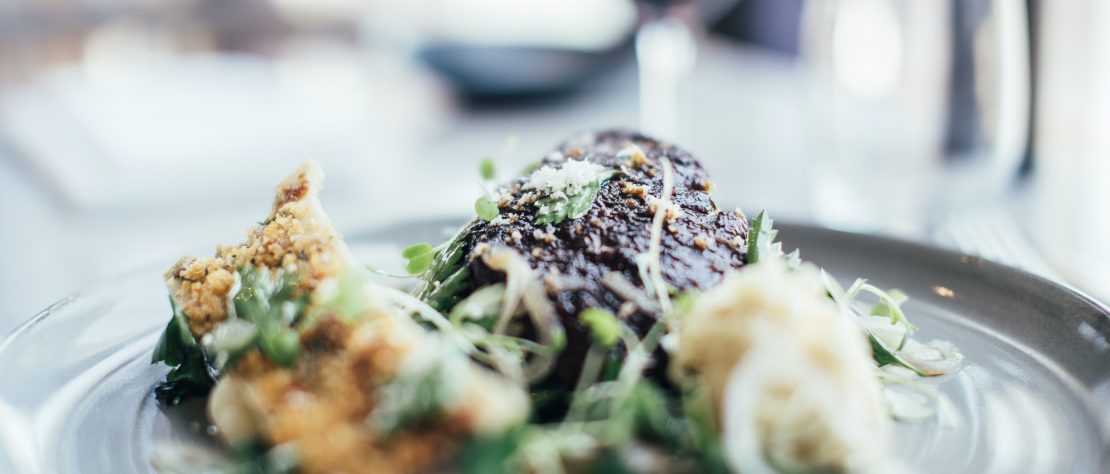Iron is an essential mineral that plays a key role in various bodily functions, including carrying oxygen around the body, brain function, and maintaining a healthy immune system. In this post we consider the importance of iron for your health and longevity.
Importance of Iron for the body
Iron is essential for several key functions within the body:
- Oxygen transportation. Iron is important for making red blood cells, which transport oxygen around the body. Haemoglobin acts as a carrier of oxygen particles from the lungs to cells throughout the body
- Immune system function. Iron supports the normal function of the immune system, helping to promote the body’s defense against infections.
- Brain health. Iron helps contribute to brain health and the proper functioning of the brain.
- Energy production. Iron also plays a role in converting food to energy. A lack of energy can be a symptom of iron deficiency.
Dietary sources of Iron
Iron is an abundant mineral and is found in many foods. Some good sources of iron include:
Red Meat: Beef, lamb, and pork are excellent sources of iron. Iron is most easily absorbed by the body from animal sources of food.
Legumes: Beans such as red kidney beans, lentils, and chickpeas are rich in non-heme iron, which is another form of iron found in plant-based foods.
Nuts and Seeds: Nuts and seeds such as pumpkin seeds, cashews, and sesame seeds are great sources of iron, along with healthy fats and other nutrients. Learn more about the health benefits of nuts and seeds.
Leafy Greens: Spinach, kale, brocolli and other dark leafy greens contain plentiful amounts of iron.
Fortified Foods: Certain fortified foods, such as breakfast cereals and bread, are enriched with iron to help individuals meet their dietary needs.
Eggs: Eggs are a good source of iron.
Poultry: Chicken and turkey also provide iron, although in slightly lower amounts than red meat.
Fish: Some fish such as tuna, mackerel, and sardines contain good amounts of iron.
Dried fruits: Dried fruits such as apricots, prunes and figs can contribute to your iron intake.
Including plenty of iron rich foods in your diet is the best way to ensure an adequate intake of iron. Having a balanced and varied diet that incoporates a wide range of nutrient rich foods is fundamental for maintaining overall health and wellbeing.
The content in this article is for information only and should not replace medical advice or care. Please check with your GP or healthcare professional before trying any supplements, treatments, or remedies.
Further information and references:
https://www.nutrition.org.uk/media/5xeeolog/vitamins-and-minerals-in-our-food-pdf.pdf
https://www.nhs.uk/conditions/vitamins-and-minerals/iron/
https://ods.od.nih.gov/factsheets/Iron-Consumer/
https://www.bda.uk.com/resource/iron-rich-foods-iron-deficiency.html
Photo credit : Pexels / Rachel Claire
